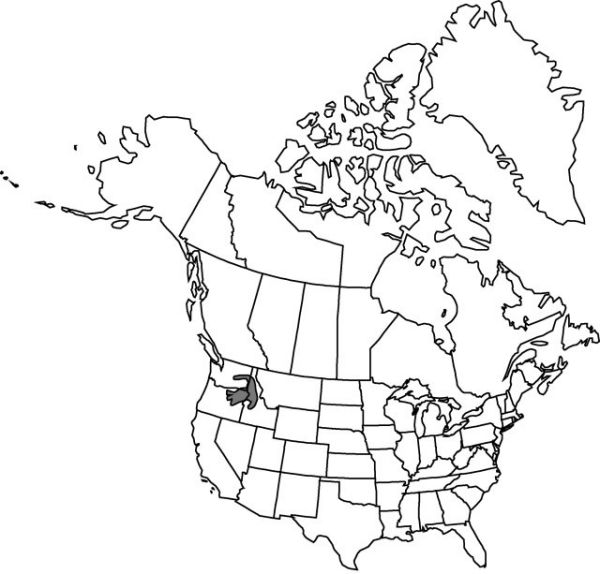Difference between revisions of "Trillium petiolatum"
Fl. Amer. Sept. 1: 244. 1814.
FNA>Volume Importer |
FNA>Volume Importer |
||
| Line 32: | Line 32: | ||
-->{{#Taxon: | -->{{#Taxon: | ||
name=Trillium petiolatum | name=Trillium petiolatum | ||
| − | |||
|authority=Pursh | |authority=Pursh | ||
|rank=species | |rank=species | ||
| Line 47: | Line 46: | ||
|publication year=1814 | |publication year=1814 | ||
|special status= | |special status= | ||
| − | |source xml=https://jpend@bitbucket.org/aafc-mbb/fna-data-curation.git/src/ | + | |source xml=https://jpend@bitbucket.org/aafc-mbb/fna-data-curation.git/src/f50eec43f223ca0e34566be0b046453a0960e173/coarse_grained_fna_xml/V26/V26_136.xml |
|genus=Trillium | |genus=Trillium | ||
|subgenus=Trillium subg. Phyllantherum | |subgenus=Trillium subg. Phyllantherum | ||
Revision as of 20:46, 16 December 2019
Rhizomes ± erect, often very deep, praemorse. Scapes typically 1, vertical but mostly subterranean, round in cross section, 0.4–1.7 dm, robust, glabrous. Bracts just at or slightly above soil, long-petiolate; blade medium green, not mottled, ovate to elliptic, 7–14 × 5.5–10.2 cm, not glossy, apex obtuse or rounded; petiole arising from scape apex at or near ground surface, 5–12 cm; bract and petiole strongly resembling leaves of Plantago. Flower in axil of bracts at or near ground level, ± erect, odor unknown; sepals erect to widely spreading, often weakly recurved near middle, green, oblong-elliptic to oblanceolate, 22–47 × 7–10 mm, margins entire, apex acute; petals long-lasting, ± connivent, ± concealing stamens and ovary, or erect-spreading early then ± connivent, erect to incurved, light maroon-red, purple, or greenish to yellowish, not spirally twisted, flat, linear-lanceolate, 3–5.5 × 0.4–1 cm, thick-textured, margins entire, apex acute; stamens erect, (15–) 22–30 mm; filaments olive, (3–)5–7 mm, slender; anthers straight, brown or olive, 16–20 mm, slender, dehiscence latrose; connectives yellow or orange, ± not extending beyond anther sacs; ovary white, greenish, purplish distally, ovoid, sharply angled, 4–9 mm; stigmas erect, divergent, distinct, purple or olive, linear-subulate, 7–20 mm, apex somewhat recurved. Fruits fragrance not reported, ovoid, strongly angled/winged, ca. 1 cm, pulpy, moist. 2n = 10.
Phenology: Flowering spring (early Apr–late May).
Habitat: Lower rocky hillsides just above stream flats, under brush, edges of coniferous and deciduous forests, open grassy glades, river-flats, wet, seasonally swampy ground and edges of sloughs
Elevation: 400–1400 m
Distribution

Idaho, Oreg., Wash.
Discussion
Selected References
None.
